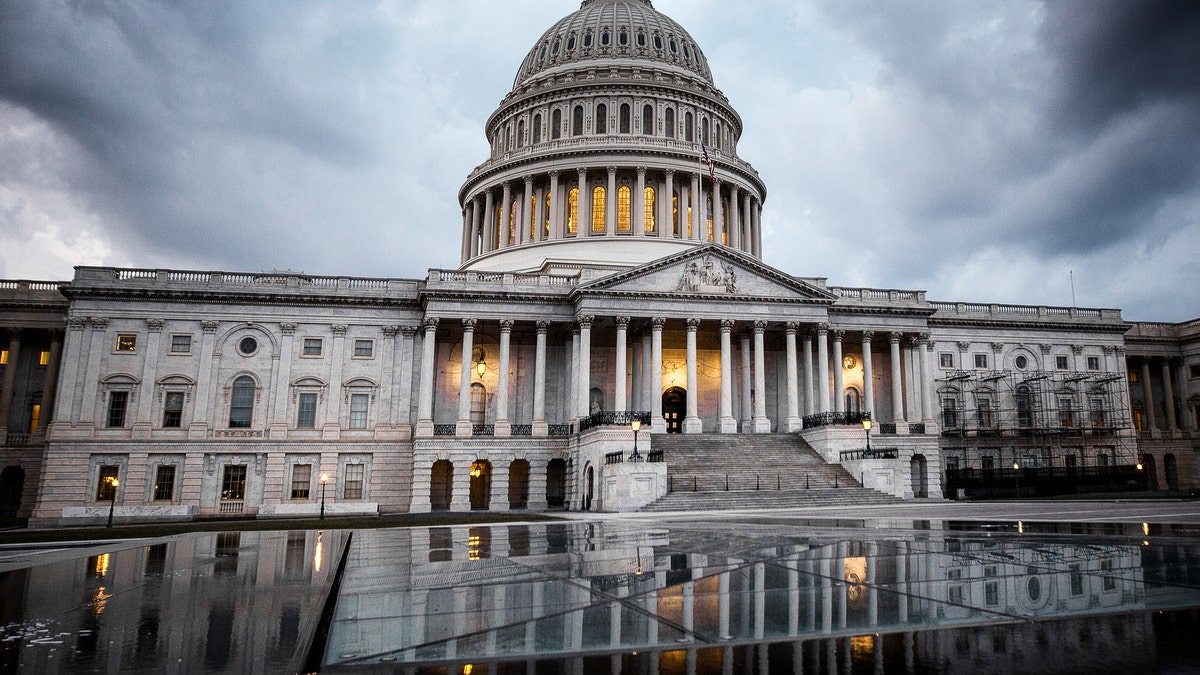
The United States Capitol Building (iStock)
Earlier this year, President Trump signed the Bipartisan Budget Act (BBA) of 2018 into law. The bill, the third in a series including the Bipartisan Budget Act of 2013 and its counterpart in 2015, has a wide range of policy effects just like its predecessors.
In particular, the act impacted health care policy in several meaningful ways. Some of the effects, such as extending the Children’s Health Insurance Program, are largely uncontroversial, while others are a bit more contentious.
Among these changes though is a radical restructuring of Medicare Part D.
This program, which, for the past 12 years, has provided prescription drug coverage to millions of beneficiaries, subsidizes prescription drug costs for Medicare beneficiaries.
The program has been structured around a 50 percent discount from pharmaceutical companies and a 15 percent contribution from private health insurance plans. The BBA would change this to include a 70 percent discount from pharmaceutical companies while reducing the insurance company contribution to 5 percent.
The Part D program relies on private market competition to hold down costs for millions of seniors and taxpayers. The new changes are disastrous and fundamentally undermine the core of what has made Part D such a successful program.
First and foremost, reducing the share paid by insurance plans from 25 percent to 5 percent significantly reduces the financial risk for insurance companies.
This move contradicts the very purpose of private sector delivery of program benefits: Part D has, until now, forced risk-bearing insurers to compete for enrollees and offer beneficiaries a choice of plans. By decreasing insurance companies’ responsibilities, they are less incentivized to manage costs efficiently and keep costs down.
Furthermore, this change saves insurance companies significantly more money than it would save the government or beneficiaries. An estimate from Avalere Health shows that insurance companies would save about $40 billion—roughly seven times what it would save program enrollees. We should not be rewarding insurance companies when seniors will largely not see the effects of these changes in their daily costs.
While pharmaceutical researchers and developers would be hit hard and weakened in their ability to produce life-saving medications, the benefits to the government would ultimately be limited.
CMS has even voiced concerns with the language included in the BBA saying “We have significant concerns about the impact these changes will have on drug costs under Part D in 2019 and future years, particularly as plan liability in the gap significantly decreases for brand name drugs beginning in 2019.”
For these reasons, Congress should work together to correct the changes made to Part D by the BBA and make the benefit work for the Medicare enrollees.




















